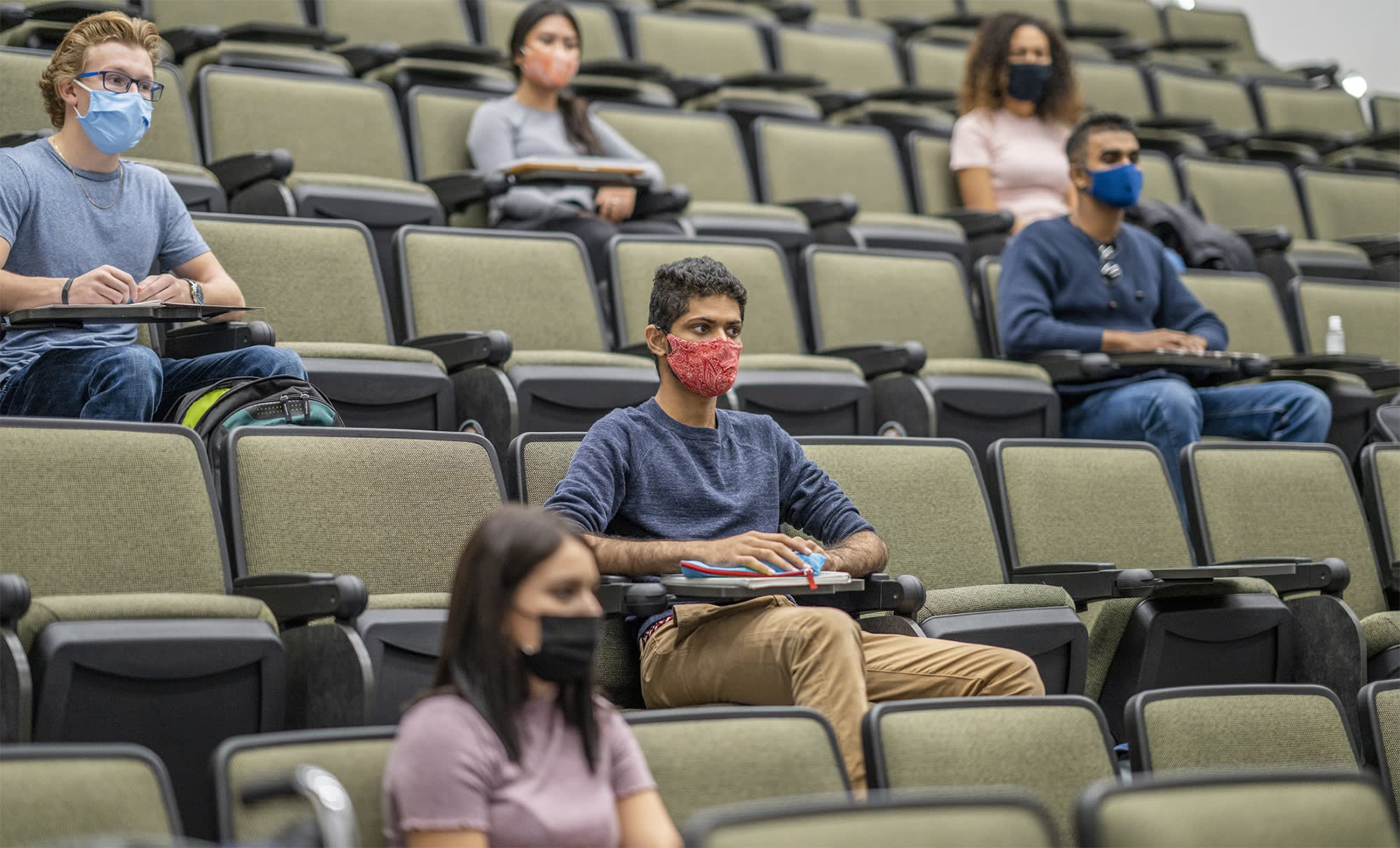As U.S. higher education institutions closed their campuses and transitioned to online education due to the high risk for COVID-19 transmission, first-generation college students (FGS) were particularly susceptible to multiple stressors. Findings from a sample of 44 participants reveal seven resilience triggers, four resilience processes, and three relationships between resilience processes and triggers. Based on these findings, the authors advance the communication theory of resilience by establishing the ways triggers can be structural, emergent, and overlapping and by theorizing resilience processes as both enduring and time-bound/contingent. The authors also employ a new qualitative method, thematic co-occurrence analysis, to illuminate the relationships between the resilience triggers and processes. Practical applications for higher education administrators, teaching instructors, and student support professionals are described.
Explorescholarly articles
Communicative Resilience of First-Generation College Students During the COVID-19 Pandemic
Related Stories

Data, Assessment, & Evaluation
Staff Perceptions of First-in-Family Students in Higher Education: A Case Study of a Belgian College

Access and Persistence
“I Wasn’t Supposed to Be There”: Examining the Experiences of First-Generation Women of Color in Undergraduate STEM Majors

Data, Assessment, & Evaluation
